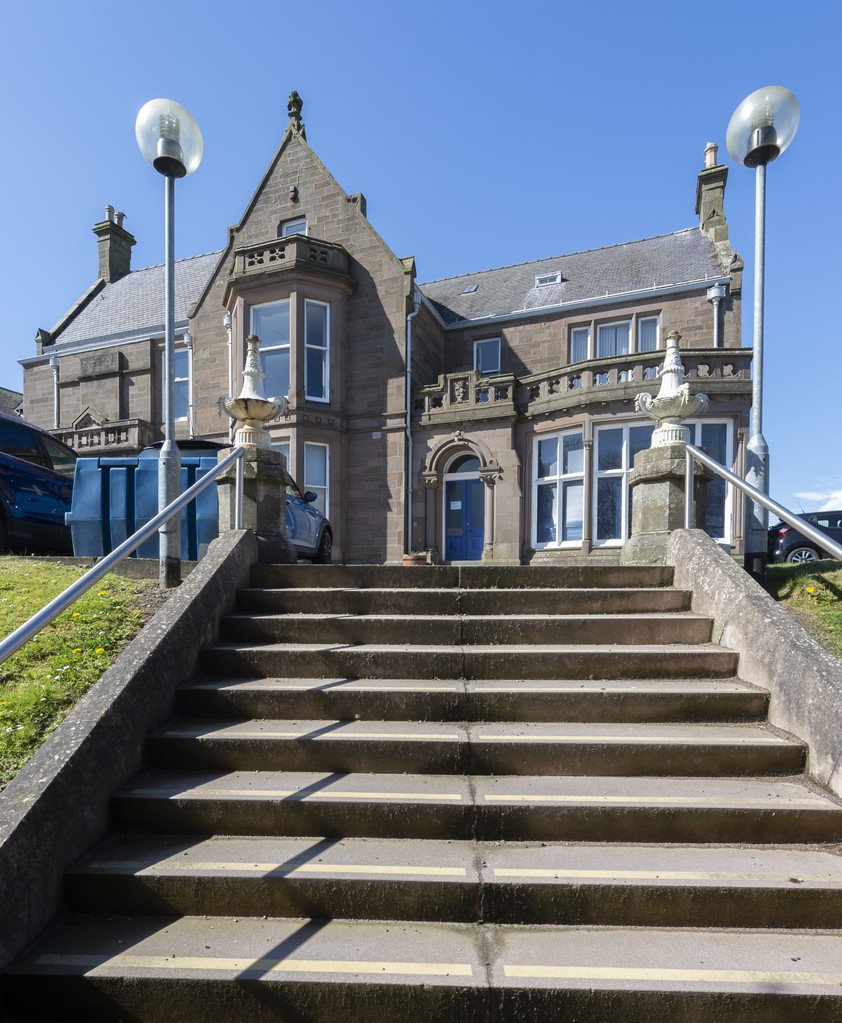Aberdeenshire Council sets Council Tax and rent rates
Aberdeenshire Council has set its Council Tax and housing rents for the new financial year as it prepares to fund “vital” services and new infrastructure.

Councillors agreed to increase Council Tax by 3% plus inflation, taking it to a total of 4.84%.
This means an average Band D household will pay £1,300 in Council Tax, which equates to an extra £5 per month or £1.15 a week.
Council leader Cllr Jim Gifford said: “Given the overall budget position that this council currently faces, and especially in the light of the Scottish Budget last week that appears to have given us next to no additional funding when compared to our level of commitments, we have some difficult choices to make.
“The magnitude of funding reductions that we must consider, in order to produce a balanced budget, means we have little choice this year but to look to using that full council tax raising power.
“We don’t take this decision lightly, but we must act responsibly and consider all options available to us; to create a solid foundation of locally determined revenue to enable continued investment in local services.”
The leader also announced that part of this year’s Council Tax increase would be used to fund specific infrastructure projects, addressing the growing concerns of communities around investment in bridges and the wider council estate.
He added: “The first 3% of the increase is required to contribute towards maintaining the existing scope and standard of the majority of services currently being delivered.
“The additional 1.84% could be used in a number of ways and our determination of the most effective use of that additional money will depend on how much, if any additional money comes into our settlement over the coming weeks.
“For example, 1.84% would raise £2.6 million which could generate Capital Funding of almost £50m over the next 10 years. We know there are very specific areas of great concern in our communities like infrastructure – in particular, bridges – and our wider estate, that needs investment. We believe that using the additional Council Tax raised to invest in very particular projects will be welcomed by many of our residents.”
The proposal received unanimous support from all councillors, who recognised the need to mitigate against the worst of the cuts facing the council.
Cllr Richard Thomson said: “The circumstances of this year’s budget setting is difficult and I fully endorse the proposal to raise Council Tax to the maximum of 3% plus inflation. There is significant uncertainty around our budget and it is incumbent on us as local representatives to provide as much certainty to our residents as possible. Increasing Council Tax will enable us to invest where appropriate and mitigate where needed.”
Cllr Paul Johnston added: “I welcome that we are all settled on an increase of 4.84%, but it is important to reflect that it doesn’t cover the funding shortfalls – it won’t prevent cuts, but it will allow a little flexibility.”
At the same meeting, council housing rents were agreed for the year ahead. Housing tenants were consulted in 2018 on a three-year strategy, resulting in a 2.5% plus inflation increase.
As part of the consultation, tenants advised they wished to see on-going improvements and upgrades to their homes and the same increase in 2020/21 will enable this work to continue.
Cllr Anne Stirling, chair of communities committee, said: “We are custodians of the Housing Revenue Account and to that end we consult with tenants on a three-year cycle to determine future rental strategies. Tenants clearly told us that it remains important that we upgrade their current homes and continue to supply new homes.
“Upgrades and additions come with a cost attached, which tenants have shown they are willing to meet. Inflation plus 2.5% allows us to continue to upgrade, improve and build.
“However, we are also charged with the responsibility of ensuring that the rent we set is affordable and we have committed to review the current rental strategy in this coming year in conjunction with the Business Plan.”
In an unusual step, the council’s budget setting will be dealt with across two different council meetings. This is required due to the delayed budget settlement from the UK Government as a result of the General Election, and a subsequent delay to the Scottish Government announcing the local government settlement.
Aberdeenshire Council will meet again on 18th March to agree its Medium-Term Financial Strategy which sets out spending commitments for all services, the Capital Plan, Housing Revenue Account, Reserves and Carbon Budget.








